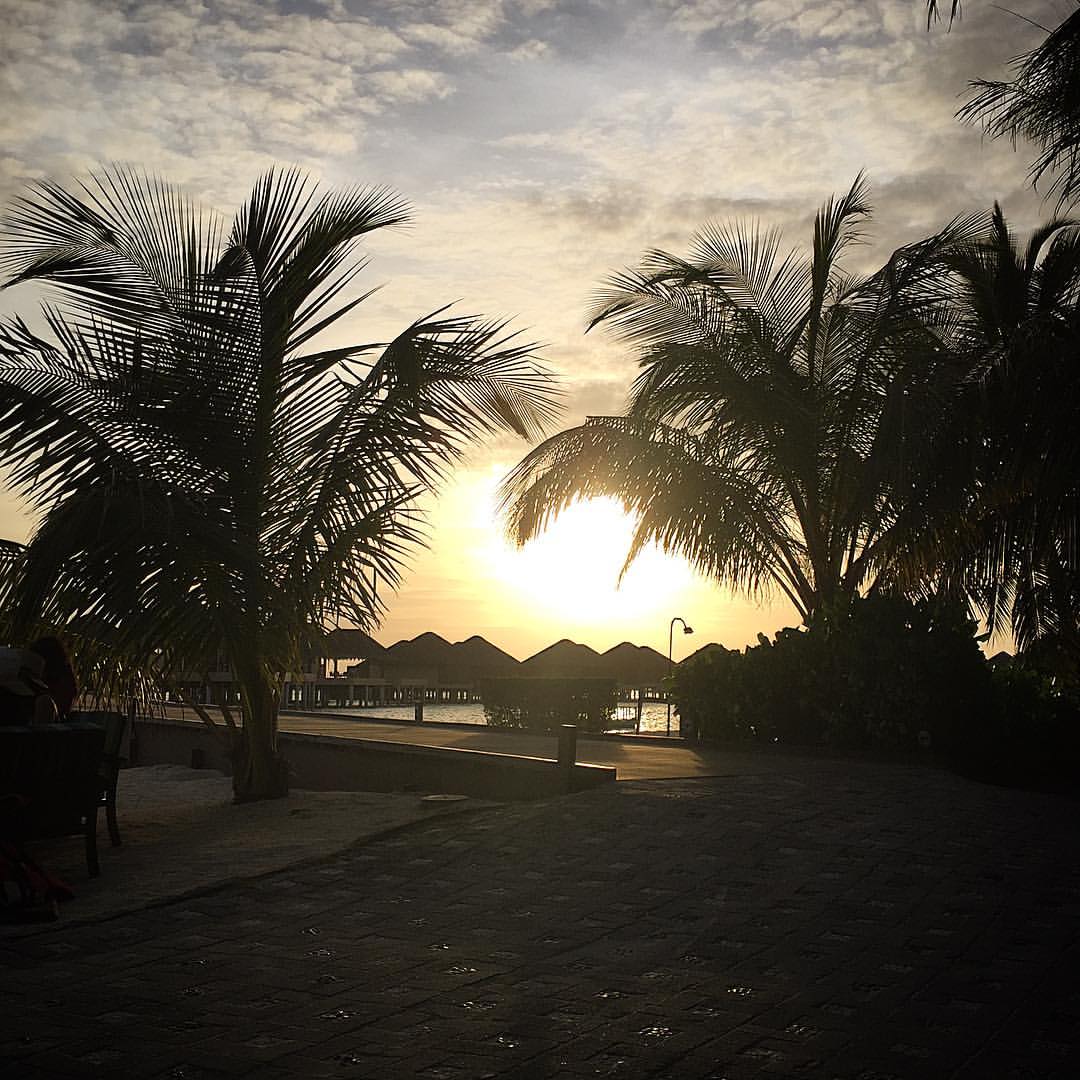Although located on different sides of the Indian Ocean, both Mauritius and Maldives are resorting to large-scale grid-connected solar to reduce consumption of fossil fuels, have cheaper electricity and meet increasing power demand.
A grid-connected project for Mauritius
The government of the Republic of Mauritius announced last week that a 16.3 MW solar power plant has been connected in the industrial zone of Solitude, near Port Louis. “The electricity produced will be directed to the sub-station in Riche Terre to supply the region and the economic zone of Jin Fei,” the government said in a statement. “The solar plant feeds into the Central Electricity Board (CEB) national electricity grid, replacing the country's energy mix [mainly coal/oil] with clean, renewable energy,” the government also stressed.
Mauritius’ Minister of Energy and Public Utilities, Ivan Collendavelloo said the €20 million project was developed by Voltas Yellow Ltd 20 hectares of land owned by 26 planters. “At present, six solar farms are operational in Mauritius, and four additional ones will be constructed in the months to come,” Collendavelloo added.
The minister also noted that the small archipelago is supporting distributed solar through net metering and rebates. “The Central Electricity Board (CEB) will pay for the installation of the photovoltaic panels on the rooftops of those 10,000 households which have been identified,” he added. It is estimated the project, which recently received financial backing from Abu Dhabi Development Fund (ADFD), will bring 10 MW of solar generation capacity to households. The first phase of the scheme was closed in September 2016, and saw the deployment of around 5 MW. Under the current, second phase, the CEB hopes to deploy another 2 MW.
Mauritius, with its high solar irradiation, is also planning a 2 MW floating PV plant, as reported in November. The government is planning to increase use of renewable sources of energy from the current around 22% to 35% by 2025.
A tender for the Maldives
Meanwhile, the Ministry of Finance of the Maldives has issued a tender for the deployment of a 5 MW grid-tied solar photovoltaic facility near the capital Malé, in the Greater Malé Region of the archipelago.
The ministry stated that the project will have to be built on a design, build, finance, own, operate, and transfer basis, and that interested developers will have time until March 17 to be registered as potential bidders.
Although the Maldives have so far seen a smaller solar development than that of Mauritius, the archipelago’s commitment to clean energies is not new on its islands. According to a recent announcement from Chinese inverter maker Sungrow, the islands of Addu, Villingili, Kurendhoo, Buruni, and Goidhoo are now equipped with PV diesel hybrid energy storage microgrid, capable of meeting 30% of local energy demand, bringing the island nation closer to its goal of becoming carbon-neutral by 2019.
Despite these and other plans to develop renewables on its islands, the country still depends heavily on diesel fuel, and is plagued by intermittent energy supply and high costs. Moreover, it is one of the countries most vulnerable to the impacts of climate change, as rising sea levels continue to swallow its coastline.
This content is protected by copyright and may not be reused. If you want to cooperate with us and would like to reuse some of our content, please contact: editors@pv-magazine.com.




By submitting this form you agree to pv magazine using your data for the purposes of publishing your comment.
Your personal data will only be disclosed or otherwise transmitted to third parties for the purposes of spam filtering or if this is necessary for technical maintenance of the website. Any other transfer to third parties will not take place unless this is justified on the basis of applicable data protection regulations or if pv magazine is legally obliged to do so.
You may revoke this consent at any time with effect for the future, in which case your personal data will be deleted immediately. Otherwise, your data will be deleted if pv magazine has processed your request or the purpose of data storage is fulfilled.
Further information on data privacy can be found in our Data Protection Policy.